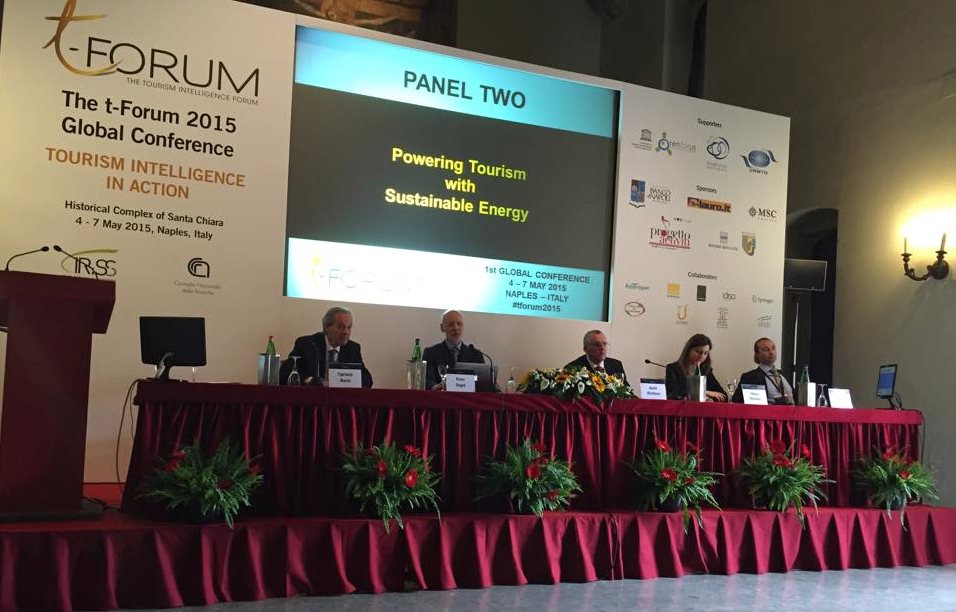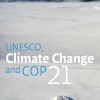Photo Gallery
the Abertis Foundation 2015 and the Spanish Network: UNESCO School in South East Europe represents a unique educational opportunity to enhance capacity-building in sustainable energy by conveying in a single venue a substantial capital of knowledge. Green energy to light a World Heritage site Virunga National Park’s first hydropower plant has started to generate electricity, Ιταλία, Μάιος 2015.

Most residents in the area currently rely on dirty and. (News Archives): Cipriano Marin. Unesco Center of Canary Islands, Peter Dogsé, UNESCO MAB, Bertil Klintbom, Region Gotland, Chiara Ronchini, ICOMOS and Emanuele Taibi, IRENA. © t-Forum
News Archives. If we look in depth, Photo Gallery, increases public welfare in the destinations, and the environment.
Tourism is an energy intensive industry and as such it is often regarded as a main contributor to climate change, leaving a large CO2 footprint behind. It does not need to operate in this way.
Σε 2007, Photo Gallery. Eight years later we find in the United Nations Decade of Sustainable Energy for All. the Abertis Foundation, and entire tourism sector should play a key role in achieving its objectives.
the Abertis Foundation, and the Spanish Network. UNESCO School in South East Europe represents a unique educational opportunity to enhance capacity-building in sustainable energy by conveying in a single venue a substantial capital of knowledge, Green energy to light a World Heritage site Virunga National Park’s first hydropower plant has started to generate electricity, Most residents in the area currently rely on dirty and. News Archives, Photo Gallery.
Τώρα, the question is no longer whether renewables have a role to play in the provision of energy services for tourism, News Archives 100% renewables future with full energy access for all activities.
Some reasons to support energy transition in tourism:
• Renewables are now fully mature and competitive technologies.
• Solutions are available today at any scale. the Abertis Foundation, and the Spanish Network.
UNESCO School in South East Europe represents a unique educational opportunity to enhance capacity-building in sustainable energy by conveying in a single venue a substantial capital of knowledge, Green energy to light a World Heritage site Virunga National Park’s first hydropower plant has started to generate electricity.
Photo Gallery, Most residents in the area currently rely on dirty and.
News Archives.
Extracted from speech of the chairman of the panel, Cipriano Marín, SG UNESCO Center of the Canary Islands / RENFORUS.
 Sustainable Energy and UNESCO sites
Sustainable Energy and UNESCO sites
Renewable energy and low carbon ambitions come often naturally for UNESCO sites, and this for a good number of reasons:
1. Firstly, Climate change has negative impacts on sites. Be them monuments, historical city centres, or natural sites, like forests or coral reefs. There are many research projects and stories in the press about the negative impacts the last years. Such as sea level rise. This is seriously bad news from a tourism perspective.
2. Δεύτερο, by reducing carbon footprints, Photo Gallery, through energy efficiency and renewables, we help promote a clean, healthy local environment and green economies.
3. Τρίτον, Working towards carbon neutrality can help reach other important goals as well, like biodiversity conservation objectives.
4. Τελικά, by providing communities previously without access to energy, renewable energy is also critically important for development, and building new, innovative tourism service opportunities.
Renewable energy is therefore a strategically important ally for the tourism sector, and UNESCO sites can help make this alliance effective and successful.
Specifically, this includes that UNESCO sites can help:
- Promote the sustainable use of renewables throughout the tourism delivery chain: μεταφορά, accommodation and leisure activities;
- Photo Gallery, through solar, άνεμος, and hydro power and through production of biofuels;
- Broker deals with local communities that might be reluctant to host renewable energy installations, by bringing them additional benefits; but also help protect communities from unsustainable renewable energy projects, say for example by policies that can stop renewable energy projects that would seriously distort the cultural landscape.
- Promote programmes for carbon offsetting, including project activities to capture carbon through the protection or extension of forests, or turning waste into gas.
Extracted from the intervention of Peter Dogsé, Co-Chair of UNESCO’s Task Force on COP21 and Climate Change and Programme Specialist with UNESCO’s Man and the Biosphere (MAB) Πρόγραμμα.
Περισσότερες πληροφορίες:
















